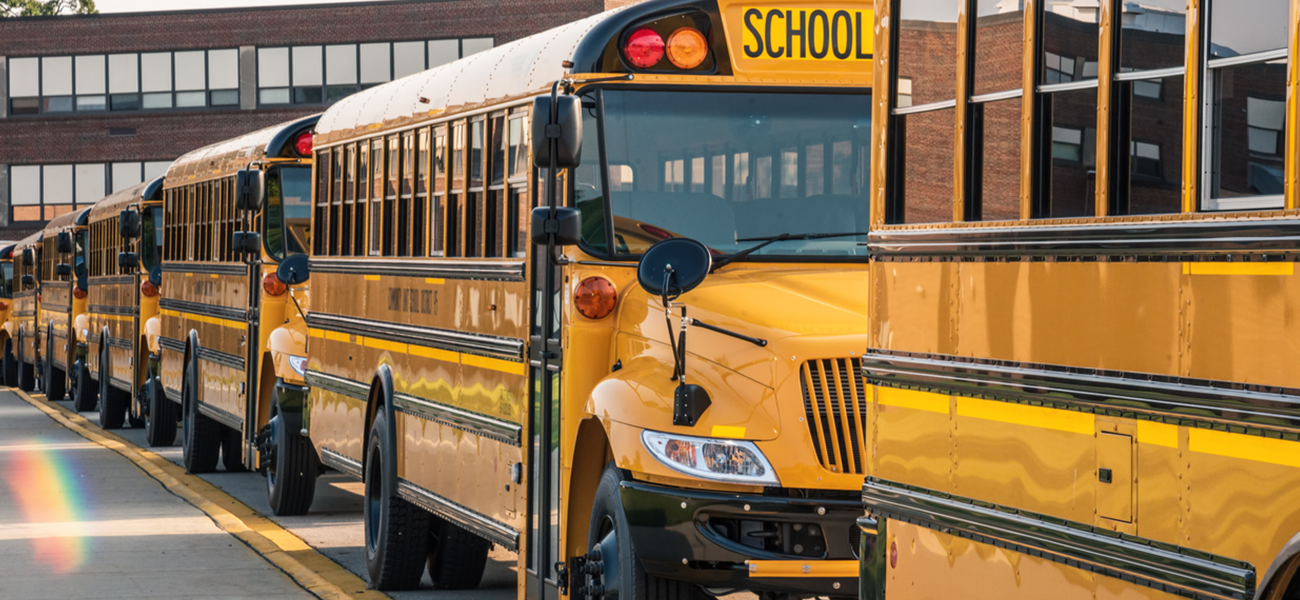Stay ahead of the curve as a political insider with deep policy analysis, daily briefings and policy-shaping tools.
Request a Demo- Nearly 42% of Georgia charter schools closed or reverted to traditional public districts.
- Roughly 1 in 26 Georgia students enrolled in charter schools in spring 2021.
- Academic progress promising for most charter schools.
Whether the closures or switch to public schools is a good or bad historical trend depends on whom you ask.
Supporters of charter schools consider some closures a good thing, proving that the model works as intended by weeding out schools that lag on academic progress or fail to muster financial viability. It all boils down to how charter schools are supposed to work, supporters say.
“If you don’t ever see charter schools close, then that means it might not be working,” said Lauren Holcomb, executive director of the State Charter Schools Commission.
There are several types of charter schools in Georgia, each different depending on whether they have contractual ties with the state or local school districts. About 60% of charter schools contract with local districts, while the rest contract with the state. Either way, charter schools exist through state or local agreements that let them teach different subjects than traditional public schools, follow alternative student schedules and loosen rules on teacher qualifications – but in return, they face stricter academic standards.

The ability for state or local officials to yank a school’s charter for poor academic performance or money management is one of the ways state and local education officials can hold charter schools’ feet to the fire if student achievement stumbles, Holcomb said.
“It is absolutely our job to close poor-performing schools,” Holcomb said in a recent interview. “If they don’t have that track record of out-performing (traditional public schools), we’ll ask if they should continue to exist.”
Several charter schools with internal management issues or little student progress have shuttered in Atlanta and surrounding suburbs in recent years, prompting parents to find new schools for their kids, according to state data and local news reports. Many of those schools, like Ivy Preparatory Young Men’s Leadership Academy in Atlanta and Kennesaw Charter Science and Math Academy in Cobb County, lasted several years before closing, records show. Some, such as Macon Charter Academy in Bibb County, saw steep declines in enrollment before closing. Others, including the state’s first virtual school, Graduation Achievement Charter High School, had large student enrollment upon closure.
Many more charter schools over the past decade have returned to traditional public K-12 districts or carried on with different alternative-school models like IB programs, such as the high-performing Gwinnett School of Advanced Mathematics, Science and Technology in Gwinnett County. Typically, schools that lose or give up their charters have help from local officials to relocate students, while many schools simply continue under the umbrella of their local district. But in some cases, parents and students are left in the lurch.
“I can’t remember a single (closure) where the parents were happy about it,” said Tony Roberts, the president and CEO of the nonprofit Georgia Charter Schools Association. “It’s heart-wrenching.”
Over the past 15 years, Roberts said he’s seen low-performing charter schools close that needed to close rather than “trap kids in another school that’s going to fail them.” He acknowledges it can be risky for parents to enroll their kids in newer, less established charter schools. Still, Roberts believes the charter model as a good alternative to keeping students in struggling traditional schools – so long as parents do their research first.
“The charter school has held up the promise and still can be an oasis for those parents who feel like they have no choice,” Roberts said. “Parents can mitigate the risk by looking very carefully at the school. They really need to do some due diligence.”
NEXT
Professionals still face licensing delays amid state’s transition to online system
The Gist Georgia’s professionals and business owners are still struggling to obtain professional licenses in a timely manner. As the Secretary of State’s Office rolls out its new Georgia Online Application Licensing System to expedite the process, the efficiency of this new process is being put to the test. What’s Happening Thursday morning at the …
Controversy over AP African American Studies class grows
Rashad Brown has been teaching Advanced Placement African American Studies at Atlanta’s Maynard Jackson High School for three years. He’ll continue to do so — even though the state’s top education official removed it from the list of state-funded course offerings for the upcoming school year. While Brown prepares to start teaching his class on …
Students, teachers, lawmakers blast decision to end AP African American history classes
ATLANTA — A coalition of lawmakers, civil rights leaders, clergy, educators and students Wednesday called on the state’s education czar to rescind his decision to drop an advanced placement African American studies class from the state’s curriculum for the upcoming school year. “This decision is the latest attack in a long-running GOP assault on Georgia’s …
Kamala Harris’ presidential bid reinvigorates Georgia Democrats
Georgia Democrats have gained new momentum heading into the November election, propelled by President Joe Biden’s decision to bow out of his reelection bid and hand the reins to Vice President Kamala Harris. The historic decision, announced Sunday, is expected to prove pivotal in the national and state political arenas and breathe new life and …





